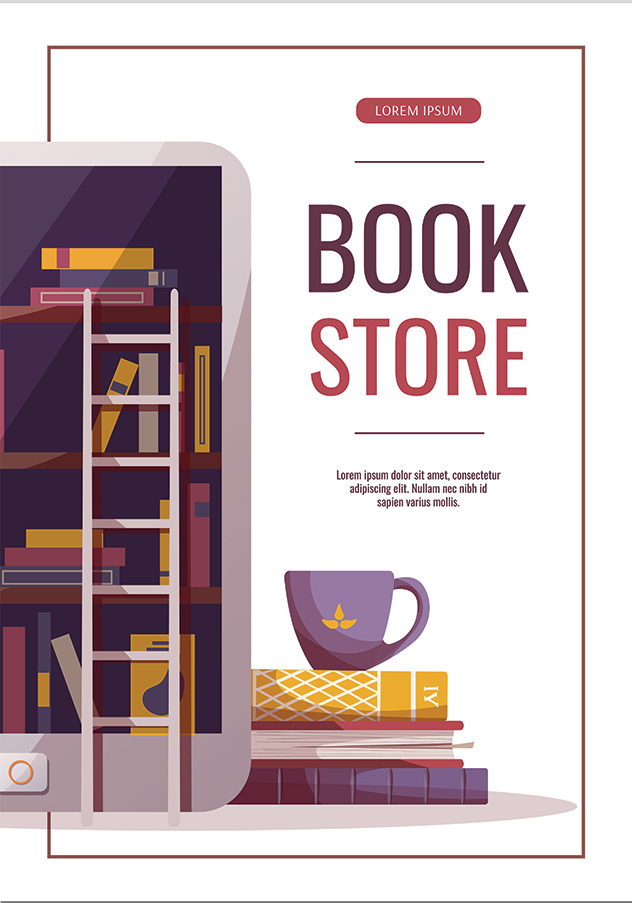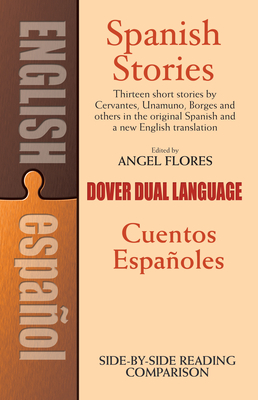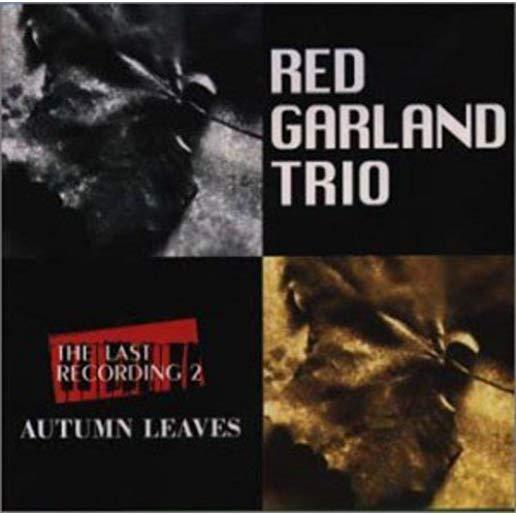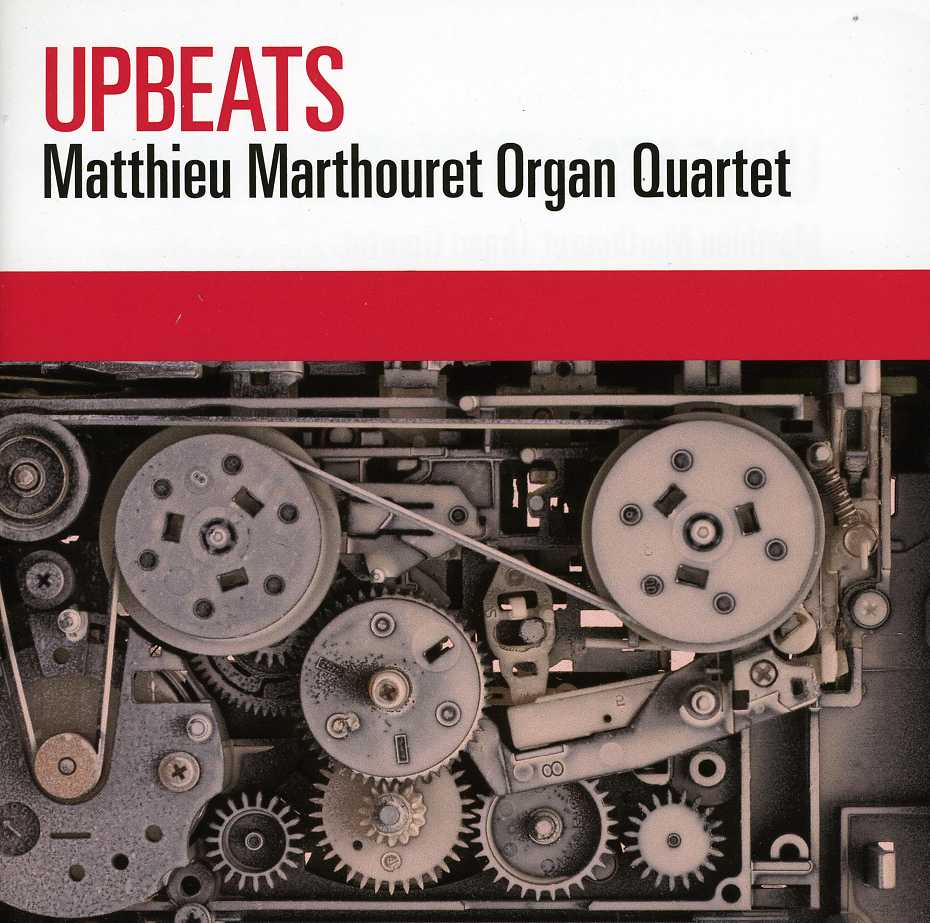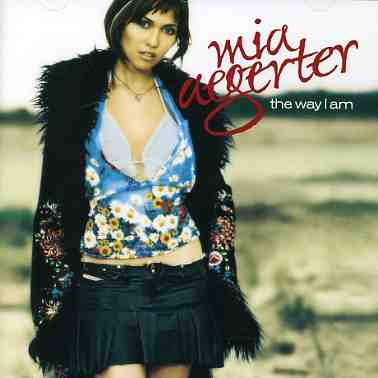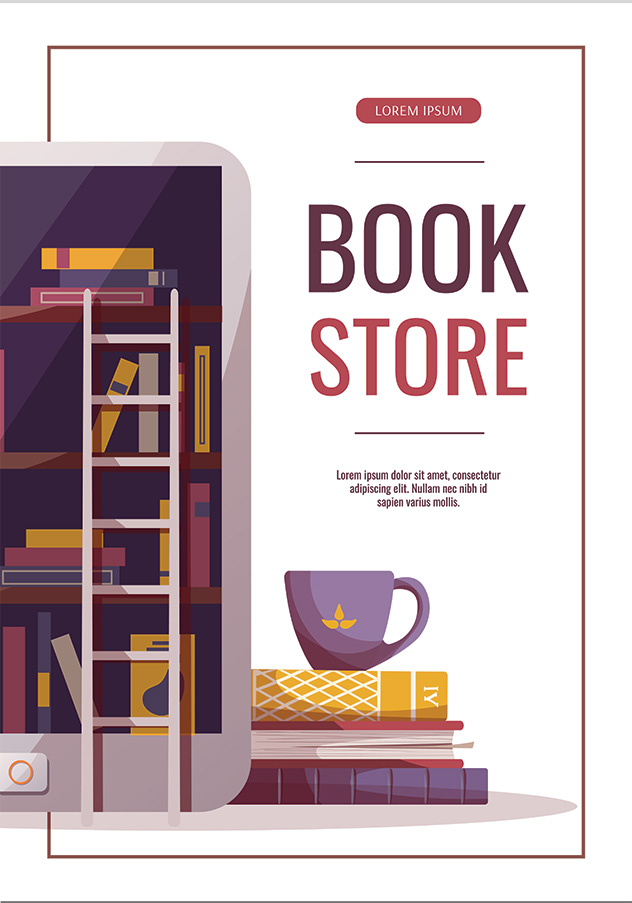
It is more than a year since Covid-19 invaded our countries and our bodies, causing us to long for the touch of loved ones, to fight anxiety and despair, and to adjust to the stunning effects of prolonged isolation. We watched as the numbers of deaths mounted and agreed that it was the worst health crisis we'd experienced in a hundred years. We saw pictures of those we'd lost, and resisted having them treated as mere statistics. What we longed for were stories about people lost to the insidious virus, and those left behind. We wanted stories of survival, coping, finding our way to the future. We wanted stories that made us laugh, weep, empathize, share sadness, become better people ourselves.
That's because storytelling, whether sung, danced, painted, acted, or written in prose and poetry is primal. It's how we come to understand the world around us. Stories give us wholeness and allow us to recover something vital and true in our lives. Stories, as writer Sue Monk Kidd knows, are "the life of the soul." Telling and hearing stories of how we got through this dreadful pandemic is how we say what happened, with empathy, so that future generations will know what it was like to live in isolation for over a year, to feel afraid while trying to be brave, to cope, and even to grow because of the shared experience. The stories we tell, and the carefully crafted words we use to tell them are an act of remembrance in which our words build monuments to a time when our lives called upon us to carry on and to endure, to know what really matters, to know what to cling to and what to let go.
In making much of the mundane, 53 poets share 70 poems in the anthology A 21st Century Plague: Poetry from a Pandemic. The poems, by diverse and award-winning writers, capture and share the collective Covid experience in which we became "gardeners of the spirit who know that without darkness nothing comes to birth," as writer May Sarton put it. They reveal that we were brave in our contemplative journey, and that we dared "to deal with our bag of fears," as Eudora Welty said we must. The poetic expressions of such courage are healing. They soothe us and help us recover from, and recall, a transformative experience. This anthology adds to the tradition of sharing stories in well-chosen words that move and enlighten us.
